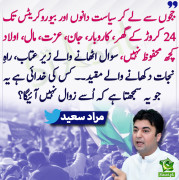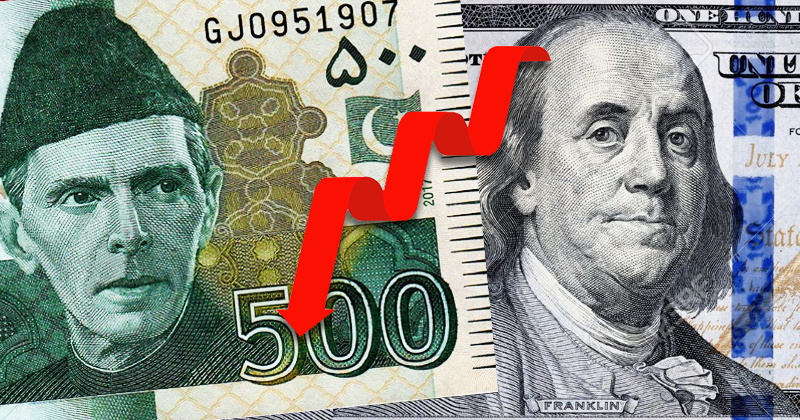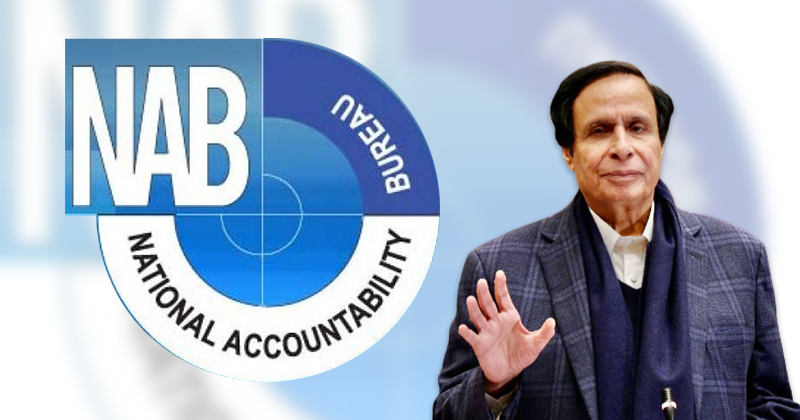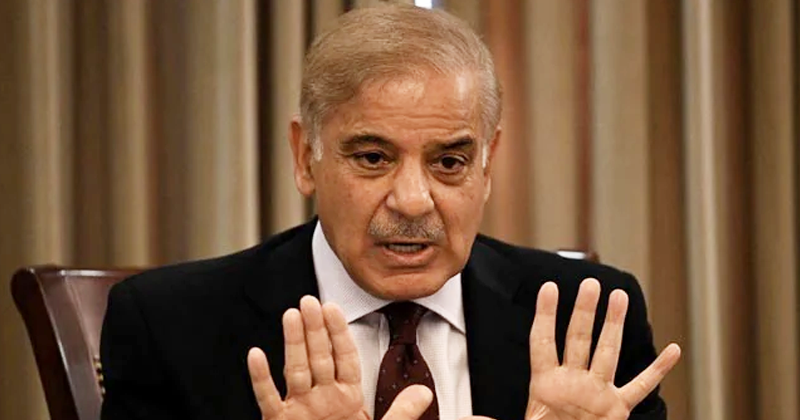وقفے وقفے سے فاقہ، ٹائپ ٹو ذیابیطس میں افاقہ
ویب ڈیسک پير 15 اکتوبر 2018
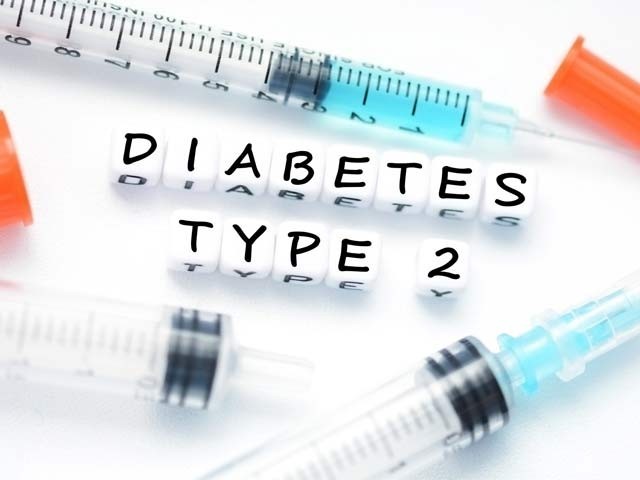
ہر 24 گھنٹے بعد کا فاقہ ٹائپ ٹو ذیابیطس کو ختم کرسکتا ہے۔ فوٹو: فائل
ٹورنٹو، کینیڈا: برطانوی ماہرین نے کہا ہے کہ ان کی نگرانی میں رہنے والے ٹائپ ٹو ذیابیطس کے ایسے تین مریضوں کو اپنی نگرانی میں رکھا جنہیں وقفے وقفے سے فاقے کروائے گئے اور اب تینوں افراد کو انسولین کی کوئی ضرورت نہیں رہی؟
اس کے لیے منصوبہ بندی کے تحت ماہرین نے ٹائپ ٹو ذیابیطس کے تین مریضوں کو وقفے وقفے سے فاقے کرائے اور اس سے حیرت انگیز نتائج برآمد ہوئے ہیں۔ اس عمل کو طب کی زبان میں ’انٹرمٹنٹ فاسٹنگ‘ کہا جاتا ہے۔ یہ عمل ٹورانٹو میں واقع اینٹینسو ڈائٹری مینجمنٹ کلینک میں انجام دیا گیا ہے۔
تینوں مریض شوگر کنٹرول رکھنے کے انسولین کے محتاج تھے جن کی عمریں 40 سے 67 برس تھیں جن میں کولیسٹرول اور بلڈ پریشر کے امراض ۔ تحقیقی عمل میں معمول کے دوائیں اور انسولین دی جاتی رہیں لیکن ان میں سے دو افراد کو ہر 24 گھنٹے بعد 24 گھنٹے کا فاقہ کرایا گیا ۔ تیسرے مریض کو ایک ہفتے میں تین روز تک فاقہ کرایا گیا ۔
تمام شرکا کو فاقے کے روز شام میں کم کیلوری کی چائے ، کافی، پانی یا یخنی دی گئی اور ہر ایک نے شام میں کم کیلیوریز کا کھانا بھی کھایا۔ اس سے قبل تمام مریضوں کو چھ گھنٹے تک غذائیت، ذیابیطس اور دیگر امور پر اہم لیکچراور تربیت دی گئی۔ پھر ان سے کہا گیا کہ وہ دس ماہ تک اس پروگرام پر سختی سے عمل کریں۔
اس دوران ان کا فاسٹنگ گلوکوز، دوسرا اوسط بلڈ گلوکوز، وزن اور کمر کی موٹائی کو مسلسل نوٹ کیا گیا۔ حیرت انگیز طور پر ایک ماہ کے بعد ہی تینوں مریضوں کو انسولین کی ضرورت نہیں پڑی اور ایک مریض نے تو صرف پانچ روز بعد ہی انسولین سے جان چھڑالی۔
دو مریضوں نے شوگر کی ساری دوائیں چھوڑدیں اور تیسرے مریض نے چار میں سے تین دوائیں ترک کردیں۔ سب نے اوسطاً 10 سے 18 فیصد وزن کم کیا۔ ان کی بلڈ شوگر ریڈنگ بہتر ہوتئی گئیں جسے کسی انقلاب سے تعبیر کیا جاسکتا ہے۔
اس زبردست کامیابی کے بعد بھی ماہرین کسی حتمی نتیجے سے انکاری ہے ۔ ایک تو سارے مریض مرد تھے اور ان کی تعداد بہت کم ہے لیکن سب کے باوجود فاقے کے حیرت انگیز نتائج ضرور برآمد ہوئے ہیں۔
تاہم ماہرین نے اعتراف ضرور کیا ہے کہ فاقوں کو نظرانداز کیا جاتا رہا ہے لیکن وہ شوگر کے مریضوں کے لیے بہت فائدہ مند ثابت ہوسکتے ہیں۔ یہ تحقیق برٹش میڈیکل جرنل میں شائع ہوئی ہے۔
https://www.express.pk/story/1378717/9812
ویب ڈیسک پير 15 اکتوبر 2018

ہر 24 گھنٹے بعد کا فاقہ ٹائپ ٹو ذیابیطس کو ختم کرسکتا ہے۔ فوٹو: فائل
ٹورنٹو، کینیڈا: برطانوی ماہرین نے کہا ہے کہ ان کی نگرانی میں رہنے والے ٹائپ ٹو ذیابیطس کے ایسے تین مریضوں کو اپنی نگرانی میں رکھا جنہیں وقفے وقفے سے فاقے کروائے گئے اور اب تینوں افراد کو انسولین کی کوئی ضرورت نہیں رہی؟
اس کے لیے منصوبہ بندی کے تحت ماہرین نے ٹائپ ٹو ذیابیطس کے تین مریضوں کو وقفے وقفے سے فاقے کرائے اور اس سے حیرت انگیز نتائج برآمد ہوئے ہیں۔ اس عمل کو طب کی زبان میں ’انٹرمٹنٹ فاسٹنگ‘ کہا جاتا ہے۔ یہ عمل ٹورانٹو میں واقع اینٹینسو ڈائٹری مینجمنٹ کلینک میں انجام دیا گیا ہے۔
تینوں مریض شوگر کنٹرول رکھنے کے انسولین کے محتاج تھے جن کی عمریں 40 سے 67 برس تھیں جن میں کولیسٹرول اور بلڈ پریشر کے امراض ۔ تحقیقی عمل میں معمول کے دوائیں اور انسولین دی جاتی رہیں لیکن ان میں سے دو افراد کو ہر 24 گھنٹے بعد 24 گھنٹے کا فاقہ کرایا گیا ۔ تیسرے مریض کو ایک ہفتے میں تین روز تک فاقہ کرایا گیا ۔
تمام شرکا کو فاقے کے روز شام میں کم کیلوری کی چائے ، کافی، پانی یا یخنی دی گئی اور ہر ایک نے شام میں کم کیلیوریز کا کھانا بھی کھایا۔ اس سے قبل تمام مریضوں کو چھ گھنٹے تک غذائیت، ذیابیطس اور دیگر امور پر اہم لیکچراور تربیت دی گئی۔ پھر ان سے کہا گیا کہ وہ دس ماہ تک اس پروگرام پر سختی سے عمل کریں۔
اس دوران ان کا فاسٹنگ گلوکوز، دوسرا اوسط بلڈ گلوکوز، وزن اور کمر کی موٹائی کو مسلسل نوٹ کیا گیا۔ حیرت انگیز طور پر ایک ماہ کے بعد ہی تینوں مریضوں کو انسولین کی ضرورت نہیں پڑی اور ایک مریض نے تو صرف پانچ روز بعد ہی انسولین سے جان چھڑالی۔
دو مریضوں نے شوگر کی ساری دوائیں چھوڑدیں اور تیسرے مریض نے چار میں سے تین دوائیں ترک کردیں۔ سب نے اوسطاً 10 سے 18 فیصد وزن کم کیا۔ ان کی بلڈ شوگر ریڈنگ بہتر ہوتئی گئیں جسے کسی انقلاب سے تعبیر کیا جاسکتا ہے۔
اس زبردست کامیابی کے بعد بھی ماہرین کسی حتمی نتیجے سے انکاری ہے ۔ ایک تو سارے مریض مرد تھے اور ان کی تعداد بہت کم ہے لیکن سب کے باوجود فاقے کے حیرت انگیز نتائج ضرور برآمد ہوئے ہیں۔
تاہم ماہرین نے اعتراف ضرور کیا ہے کہ فاقوں کو نظرانداز کیا جاتا رہا ہے لیکن وہ شوگر کے مریضوں کے لیے بہت فائدہ مند ثابت ہوسکتے ہیں۔ یہ تحقیق برٹش میڈیکل جرنل میں شائع ہوئی ہے۔
https://www.express.pk/story/1378717/9812





